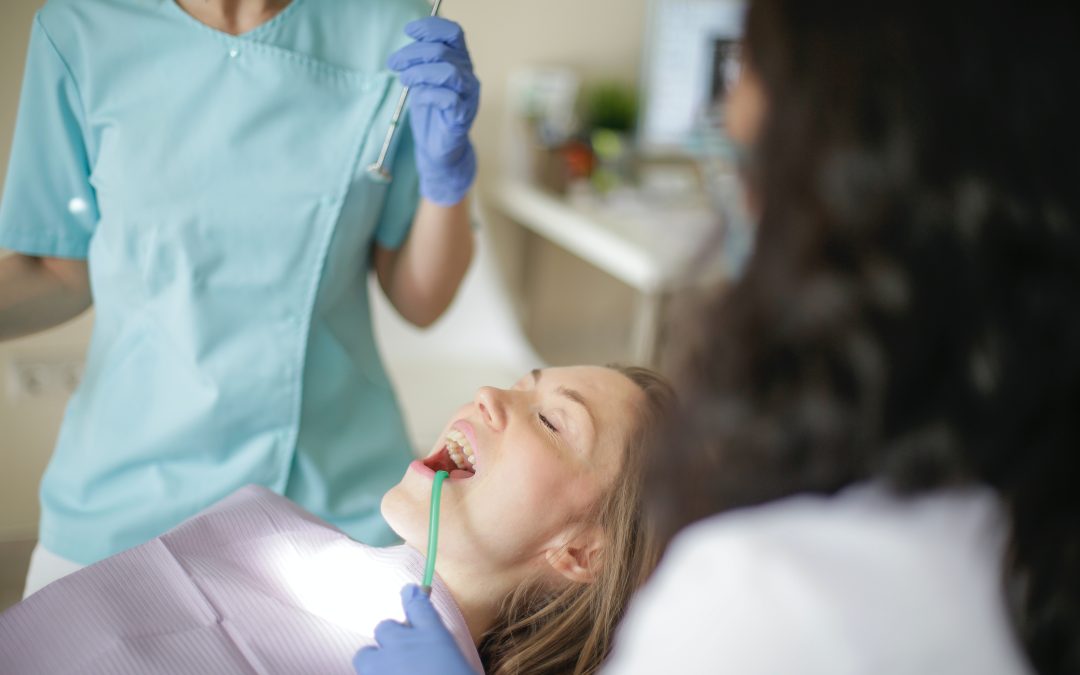Although implants are designed to last a lifetime, it’s important to take care of them just as you would your natural teeth. That means brushing twice a day, flossing daily, and seeing your Pinecrest dentist regularly for cleanings and checkups.
In addition to the standard dental hygiene routine, there are a few extra steps you can take to keep your implants clean and healthy. Here are 8 tips for keeping your dental implants clean:
- Use an electric toothbrush – Electric toothbrushes are more effective at removing plaque than manual toothbrushes. When choosing an electric toothbrush, look for one with interchangeable heads so you can use a brush head that’s specifically designed for cleaning around dental implants.
- Avoid hard-bristled toothbrushes – Hard-bristled toothbrushes may feel like they’re getting your teeth cleaner, but they can actually damage your gums and wear away at your enamel. Stick with a soft-bristled toothbrush instead.
- Use a water flosser – Water flossers are a great way to clean around dental implants because they remove plaque and bacteria without damaging delicate gum tissue. Be sure to use distilled or sterile water in your water flosser to avoid introducing new bacteria into your mouth.
- Rinse with saltwater – Saltwater is a natural disinfectant that can help reduce inflammation and kill harmful bacteria in your mouth. To use salt water as a rinse, mix 1 teaspoon of salt with 8 ounces of warm water and swish it around in your mouth for 30 seconds before spitting it out.
- Use an antibacterial mouthwash – Antibacterial mouthwashes can help reduce the amount of plaque and bacteria in your mouth. When using an antibacterial mouthwash, be sure to follow the directions on the bottle carefully to avoid overuse, which can lead to irritation of the soft tissues in your mouth.
- Avoid smoking – Smoking cigarettes or cigars can damage your dental implants and increase your risk of developing gum disease or oral cancer. If you currently smoke, quitting is the best thing you can do for your overall oral health.
- Eat foods that promote oral health – Eating foods that promote oral health is good for both your natural teeth and dental implants. Foods that are high in fiber help scrub away plaque while foods rich in calcium help keep bones strong (including the jawbone that supports dental implants). Foods like apples, carrots, leafy greens, yogurt, cheese, nuts, and seeds are all great choices for promoting oral health.
- See your dentist regularly – In addition to practicing good at-home hygiene habits, it’s important to see your dentist regularly for professional cleanings and checkups. Depending on the state of your oral health, you may need to see your dentist every 3-6 months. If you have any concerns about the condition of your dental implants, be sure to bring them up at your next appointment.
Dental implants are a popular choice for replacing missing teeth because they’re strong and durable. However, it’s important to take care of them just as you would natural teeth by brushing, flossing, and seeing the dentist regularly.
By taking these steps, you can help keep your dental implants clean, healthy, and long-lasting.

